
Dear readers,
This week, I read the articles by my colleague Morten Strauch about microsailors and shook my head in horror. Whether sailing around the world on four metres or across the North Atlantic in the smallest boat ever: the gentlemen portrayed Quenet, Yrvind and Bedwell must be crazy. I don't wish them any harm, on the contrary. But seriously, why do people do this to themselves?
Bedwell in particular has fascinated and shocked me ever since I first heard about him. The 51-year-old Brit wants to set a world record. To do so, he plans to cross the Atlantic in the smallest "sailing boat" of all time. For me, the thought of crossing a sea that can push even well-equipped cruising yachts to their limits in a boat the size of an average bathtub causes both admiration and apprehension.
But that's not all. Bedwell is planning to do this for the second time after the first attempt failed miserably. I can hardly say it: as sorry as I felt for the sobbing Bedwell, I was almost a little happy for him at the time when his "Big C" was wrecked on the concrete of the harbour apron after turning back early. If I were him, I would probably have taken it as a warning and kept my hands off microsailers from then on. After all, the British adrenaline junkie is also a father.
But that hardly seems to bother the 51-year-old. He announced his comeback shortly afterwards. While I still couldn't believe it, he constructed "Big CV2". It is due to be launched again in May.
Even the legendary Sven Yrvind was not deterred by dramatic incidents. The 85-year-old inventor capsized over the bow off Cape Horn in 1974 and set a record of 5.90 metres from east to west six years later.
This perseverance seems to unite the daring adventurers. It takes a lot of know-how, improvisation and sheer inexhaustible determination to face these challenges.
On the one hand, the microsailing scene entices with the romance of purism - the reduction to the essentials. The antithesis to highly technical racing cars, such as those of the Vendée Globewhere state-of-the-art foils and autopilots are indispensable. With the Mikros, single-handed sailing once again becomes a battle against the raw forces of nature, your own mind and the desire for comfort.
The Globe 5.80-Transat, which the German Christian Sauer is starting today, is another adventure that is extremely challenging but financially affordable. A thoroughly positive development, at least in this respect. Nevertheless, the risks should not be underestimated here either.
Apart from the fact that I would feel extremely uncomfortable on 19-foot plywood on the Atlantic, the probability of an accident is undoubtedly much higher than on a cruising yacht. Is it worth it? And is it okay to accept the expected consequences?
Single-handed sailing in itself is repeatedly criticised, as the basic principle of seamanship - keeping a constant lookout - simply cannot be adhered to on trips lasting days, weeks or months. In addition, none of these adventurers have the technical early warning equipment available today, such as that installed on the Imoca of the Vendée Globe. However, the increased risk of collision is only one aspect. What happens if the limited supply due to lack of space is not enough, if someone is injured or falls ill? Bedwell, for example, can't even stretch out on his microboat. And what will nature do with these mini playballs?
If something happens, outside help is called in. Depending on the conditions, the soloists not only risk their own lives, but also those of the rescuers. These in turn consume massive amounts of resources during the search and rescue, which is another point at which we can ask what the point is today.
At the same time, I am immensely impressed by the sailing performance in the success of such endeavours. Perhaps it should even be rated higher than that of the Vendée Globe skippers, who are currently reaching an audience of millions. But the question of "why?" remains for me with both species, although it may be fairly easy to answer.
Why do people climb Mount Everest without oxygen, why do they dive to depths of over 200 metres without equipment, why have private individuals recently started flying into space? Answer: Because they can. Because they are looking for the thrill of what is possible. Because human beings are just like that, they always have to prove themselves and push aside all concerns and dangers.
Without the first controlled, sustained flight in a motorised aircraft by the Wright brothers in 1903, we would probably not be jetting around the world today. Without Ferdinand Magellan, who began the first circumnavigation of the globe in 1519, which was completed by Juan Sebastián Elcano in 1522, we would probably still believe that the earth is a disc. And without the invention of the internet, which at first nobody knew what it would lead to, you wouldn't even be reading this.
I'm actually one of those crazy people too. I sail a mothfly over the water. Extremely fast, technically demanding. Why? Because it works, because I can do it, because I keep reaching my physical and technical limits and pushing them further. Some tall ship or dinghy sailors like to call that insane.
First or best performances always require a portion of madness, which could also be described as courage. With this in mind, I have the greatest respect for the microsailors for their various endeavours.
Max Gasser
YACHT editor
Click on it to see through:
The week in pictures
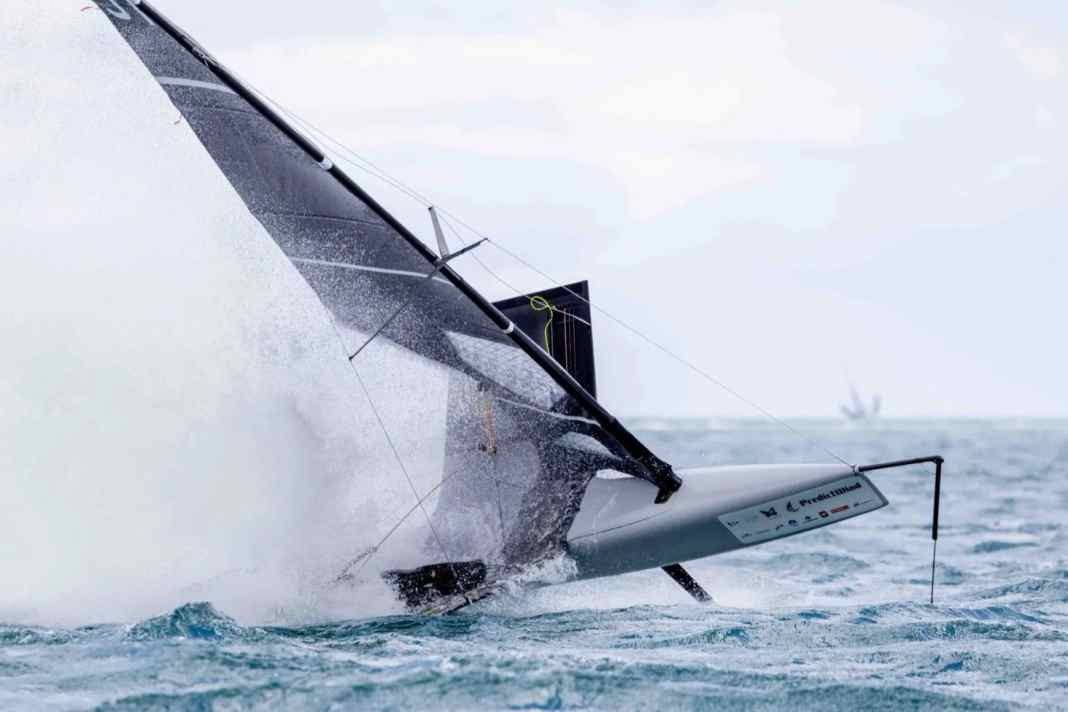





Recommended reading from the editorial team

Vendée Globe
The race in the live tracker
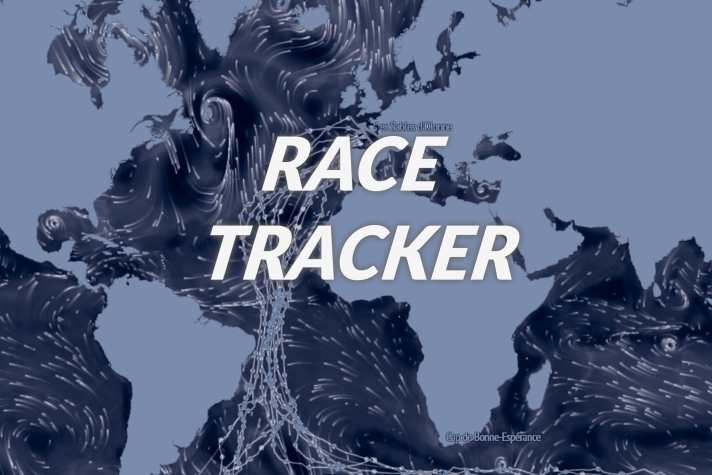
The live tracker of the Vendée Globe 2024/25: This tracking shows the race of the tenth edition of the round-the-world regatta - with Boris Herrmann!
Gift idea
Voucher for YACHT Premium as a last-minute present

A gift voucher for YACHT Premium is an excellent last-minute gift for all sailing and water sports enthusiasts for Christmas!
Record from space
Monster wave of 19.7 metres measured by satellite
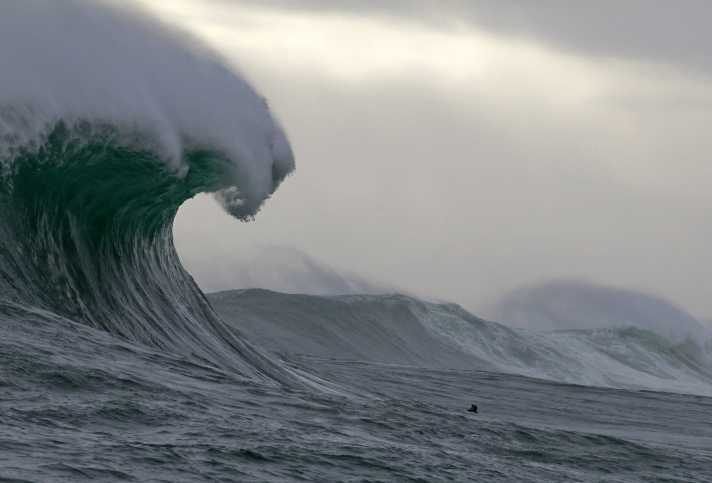
A new satellite system makes it easier to recognise monster waves. A recently published study shows how storm waves can cross oceans and endanger even distant coasts. The more accurate detection could also improve routing programmes.
YACHT readers' trip
On the "Sea Cloud II" 900 nautical miles through the Caribbean
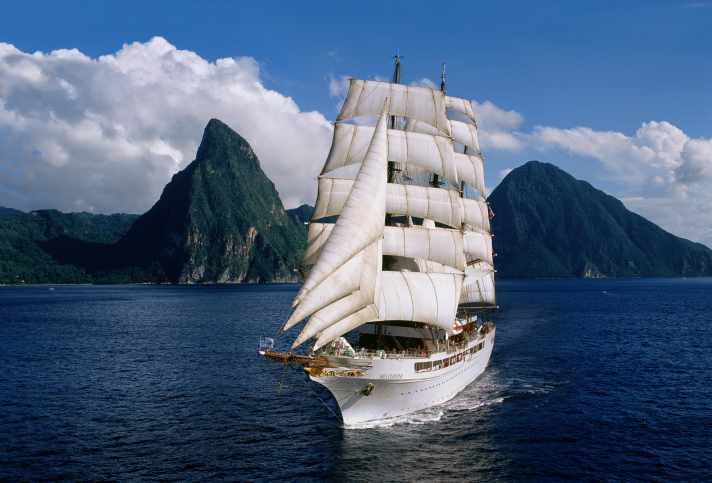
The multifaceted YACHT readers' trip through the Caribbean dream destination starts on 6 March and takes us through one of the most beautiful sailing areas in the world in ten days.
Shipyard portrait
Pure Yachts produces in small series with big goals
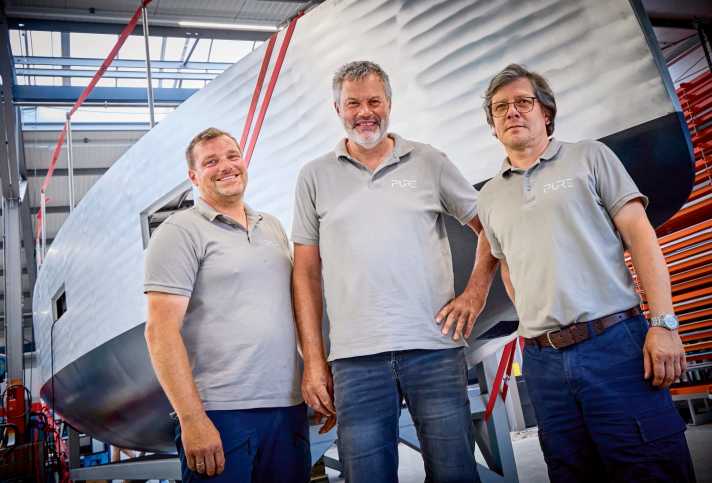
The Pure Yachts shipyard, newly founded in Kiel, focuses on long-distance performance yachts made of aluminium. It can already boast its first successes.
Baltic Sea
Fehmarn Sound Bridge - Reduced clearance height
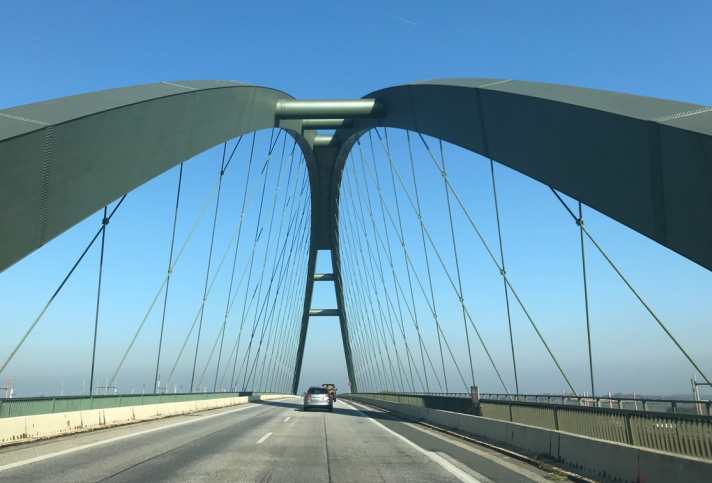
Watch out for the mast stop! The clearance height of the Fehmarnsund Bridge has been reduced until summer 2026. Due to construction work, only 20 metres are available instead of the usual 23 metres.
M.A.T. 11
The Orient-Express is set to become the new ORC pick-up

Hot racer from the Orient. The M.A.T. 11 is set to create new excitement in the ORC scene. The design comes from Matteo Polli.
Shadows in paradise
Brutal attack on expedition boat in Papua New Guinea

The first motorless circumnavigation of Antarctica by sailing boat was abruptly interrupted by a brutal robbery in Papua New Guinea. The expedition ship "Zhai Mo 1" was badly damaged and looted, putting the voyage of the Chinese sailor Zhai Mo on ice for the time being.
Dispute over measurement
ORC and X-Yachts agree on cooperation - joint statement
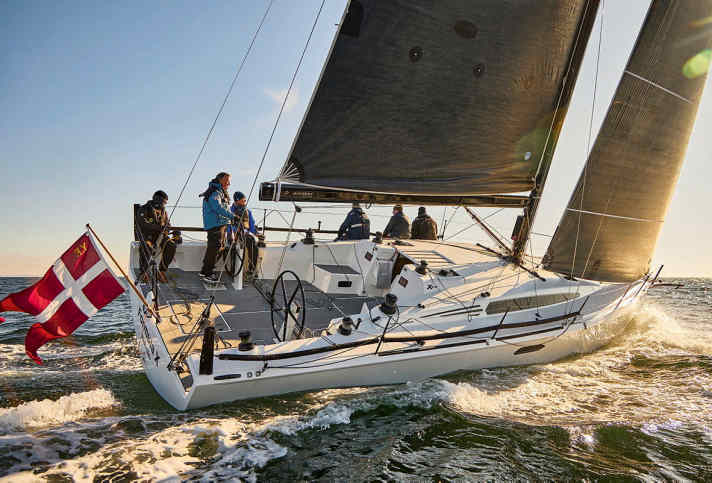
Due to the debate surrounding the XR 41, the Offshore Racing Council (ORC) is reviewing its algorithm for calculating race values.
Hallberg-Rassy 370
Sailing and living at the highest level in the YACHT test
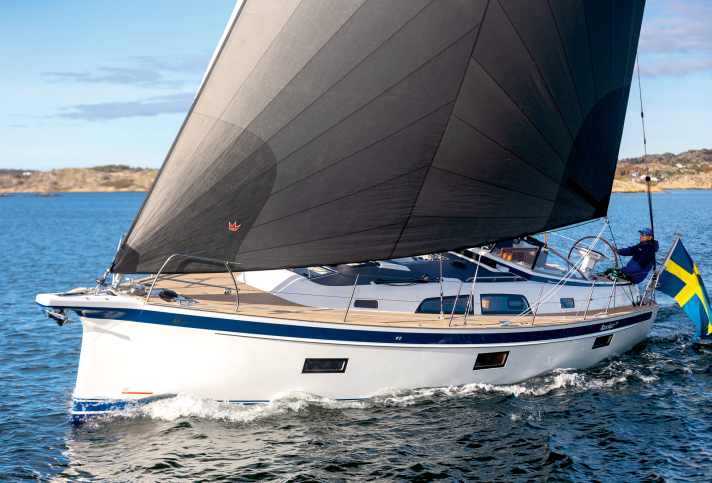
With the Hallberg-Rassy 370, the Swedes present a cruising yacht that leaves almost nothing to be desired. We have tested the first model.
Globe40
On course for La Réunion - concerns about the mast remain
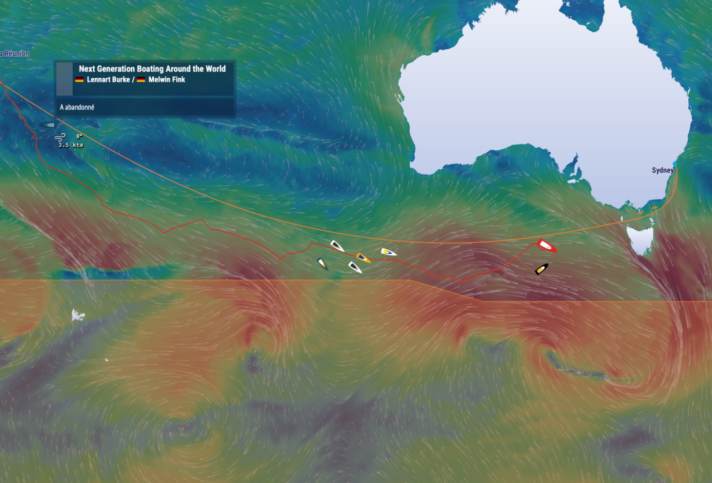
Lennart Burke and Melwin Fink are on their way back to La Réunion in the Globe40. While the competition is aiming for Sydney, the GER duo are fighting on all fronts.
Newsletter: YACHT-Woche
Der Yacht Newsletter fasst die wichtigsten Themen der Woche zusammen, alle Top-Themen kompakt und direkt in deiner Mail-Box. Einfach anmelden:

